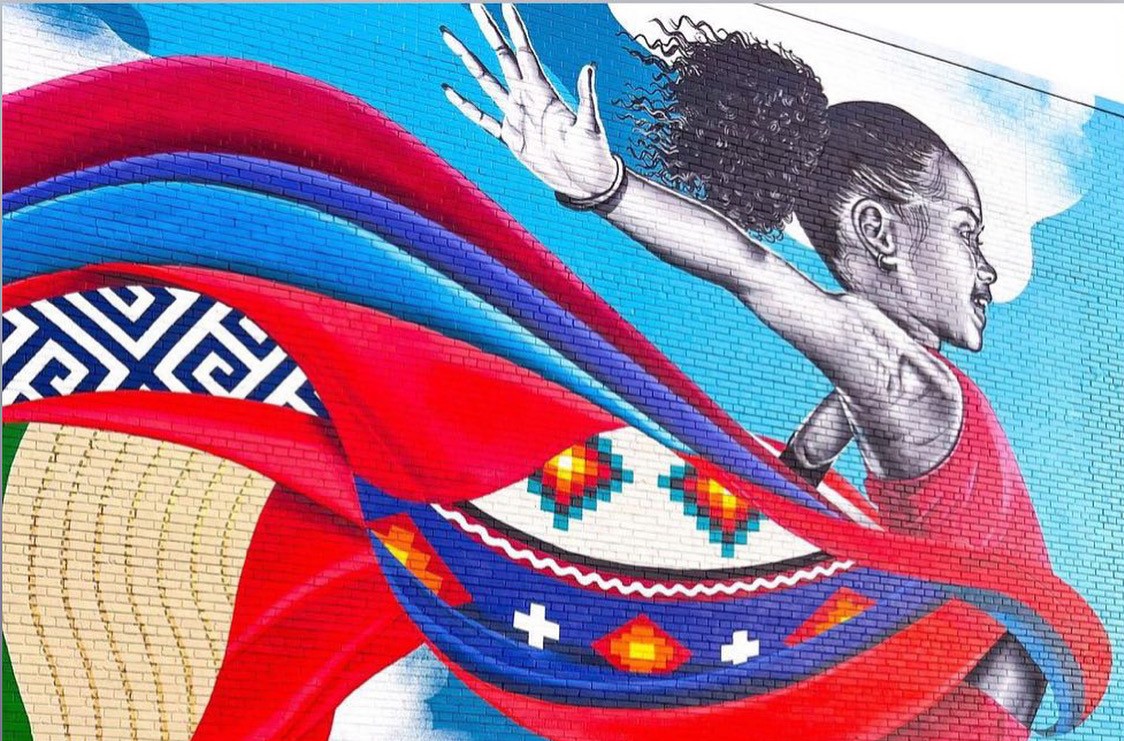“Many adults have excellent academics yet they do not have self efficacy, do not cultivate healthy relationships, cannot make decisions, and do not have the courage to take risks. They exist but they do not live. Our adult lives are directly linked to our early childhood experiences. We have a chance to develop children who will truly live not just exist.” – Dr. Judy Hurt
School Within School (SWS) was founded in 1995 by four Peabody teachers (Sarah Burke, John Burst, Louise Chapman, and Margaret Ricks) who sought to apply the principles and practices of the Reggio Emilia approach to early childhood education in a teacher-directed school in the District of Columbia Public Schools.
Their introduction to Reggio practices included: a 1992 workshop presented by Lella Gandini, U.S. liaison for Italy’s Reggio Emilia preprimary schools; the first Reggio Emilia Symposium in the United States, in June 1993, at which Reggio founder Loris Malaguzzi gave the keynote address; a June 1994 conference at which Carlina Rinaldi, Reggio’s director of education, and Howard Gardener, a professor at Harvard’s Graduate School of Education, suggested that U.S. schools might benefit from Reggio’s child-centered concepts; and an intensive two week seminar on Adapting the Practices and Philosophy of the Reggio Emilia preprimary schools in July 1994, presented by Ann Lewin, former director of the Washington, D.C. Reggio-accredited Model Early Learning Center (MELC) and Amelia Gambetti, a consultant from the Reggio Schools. A full time art studio teacher (Marla McLean) joined SWS in 1997.
Since then SWS staff members have attended seminars in Reggio Emilia, Italy and the US and have given numerous presentations on their adaptation of the Reggio approach. The SWS adaptation of the Reggio approach has evolved through continuous research: listening to children, observing them, understanding their thinking, structuring activities and the environment to support and extend their thinking, and drawing from their interests to plan for future learning. Its success relies on the creativity, dedication, and commitment of its staff and the support and active participation of the families served by SWS.

